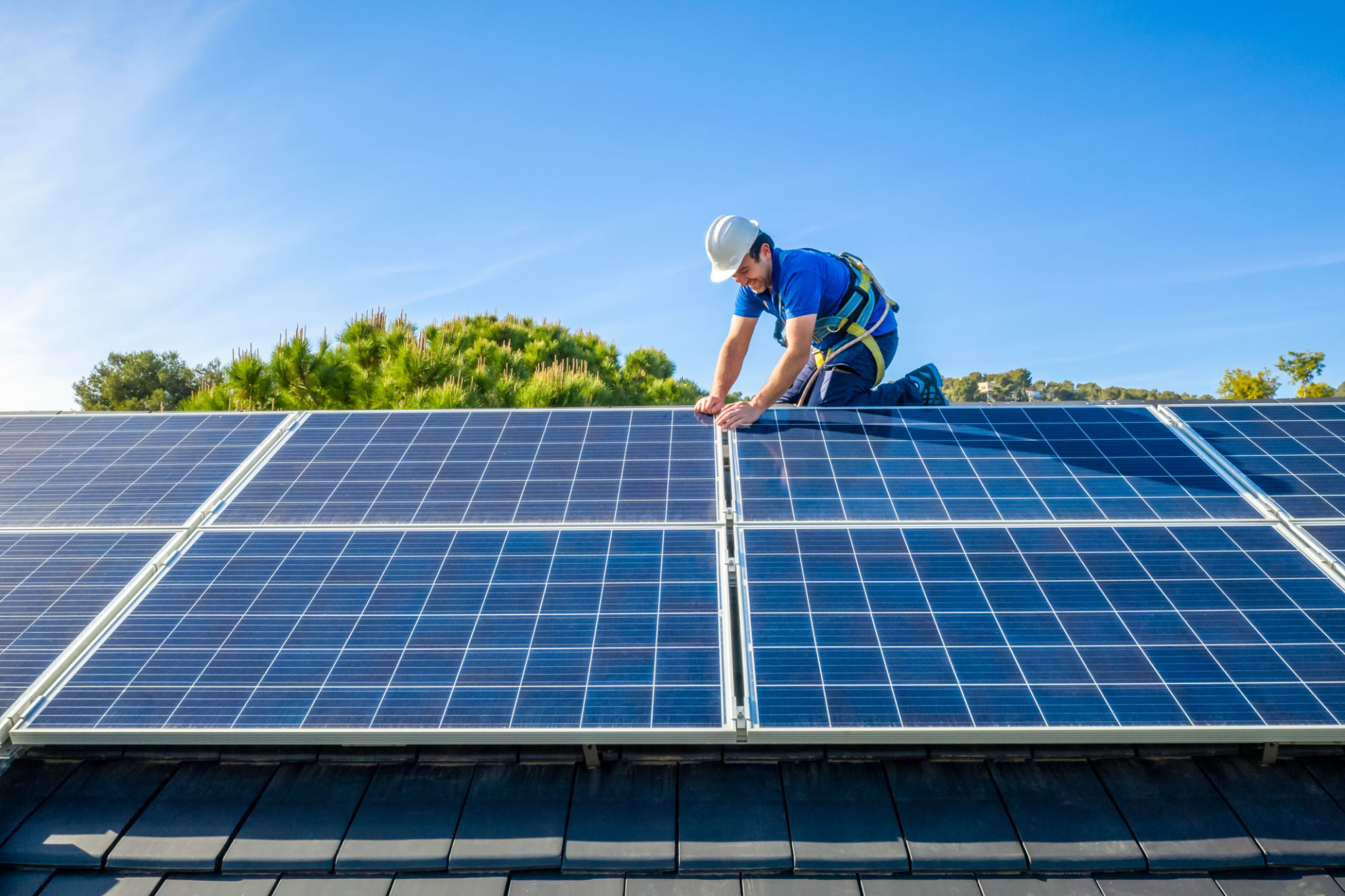How Seasonal Changes Affect Solar Panel Efficiency in Gwalior
Understanding Solar Panel Efficiency
Solar panel efficiency refers to the ability of solar panels to convert sunlight into usable electricity. In regions like Gwalior, where sunlight is abundant, solar energy serves as a sustainable and economical power source. However, various factors, particularly seasonal changes, can influence the efficiency of these panels.
By understanding how different seasons affect solar panel performance, homeowners and businesses can optimize their energy systems for maximum output and savings. This becomes particularly relevant in areas with distinct seasonal variations.

Summer: The Peak Season for Solar Energy
In Gwalior, summer is the most productive season for solar energy generation. The long days and intense sunlight provide optimal conditions for solar panels. During this period, panels can operate at or near their peak capacity, significantly reducing electricity costs.
However, excessive heat can also impact efficiency. High temperatures might reduce the voltage output of solar cells, slightly decreasing the overall energy production. Still, the extended daylight hours typically compensate for this effect.
Monsoon: Cloud Cover Challenges
The monsoon season brings challenges to solar energy generation in Gwalior. With increased cloud cover and rainfall, solar panels receive less direct sunlight, leading to reduced efficiency. This decrease in sunlight can result in a drop in the electricity generated, impacting the overall energy yield.
To mitigate these effects, it is advisable to ensure regular cleaning and maintenance of solar panels during the monsoon. This prevents dust and debris buildup that can further hinder performance.

Winter: Shorter Days, Cooler Temperatures
Winter in Gwalior presents a mixed scenario for solar panel efficiency. While the cooler temperatures can enhance the performance of solar cells by increasing their voltage output, the shorter daylight hours limit the amount of energy produced each day.
Despite these limitations, winter is still a viable season for solar energy use thanks to the clear skies that often accompany this time of year. Ensuring an unobstructed view of the sun can maximize energy capture during the available sunlight hours.
Strategies to Maintain Efficiency Year-Round
To maintain high efficiency throughout the year, regular maintenance and strategic placement of solar panels are crucial. Here are some tips:
- Regular Cleaning: Keep panels free from dust, leaves, and debris.
- Optimal Angle: Adjust the tilt of panels according to seasonal sun angles.
- Professional Maintenance: Schedule regular inspections to ensure all components function correctly.

Conclusion
Understanding how seasonal changes affect solar panel efficiency in Gwalior allows for better planning and optimization of solar energy systems. By adapting to these changes and implementing effective maintenance strategies, it is possible to maximize energy production and achieve significant cost savings.
Investing in solar energy is a sustainable choice that not only benefits individual users but also contributes positively to environmental conservation efforts. With careful planning and management, solar power can be a reliable energy source throughout the year.
